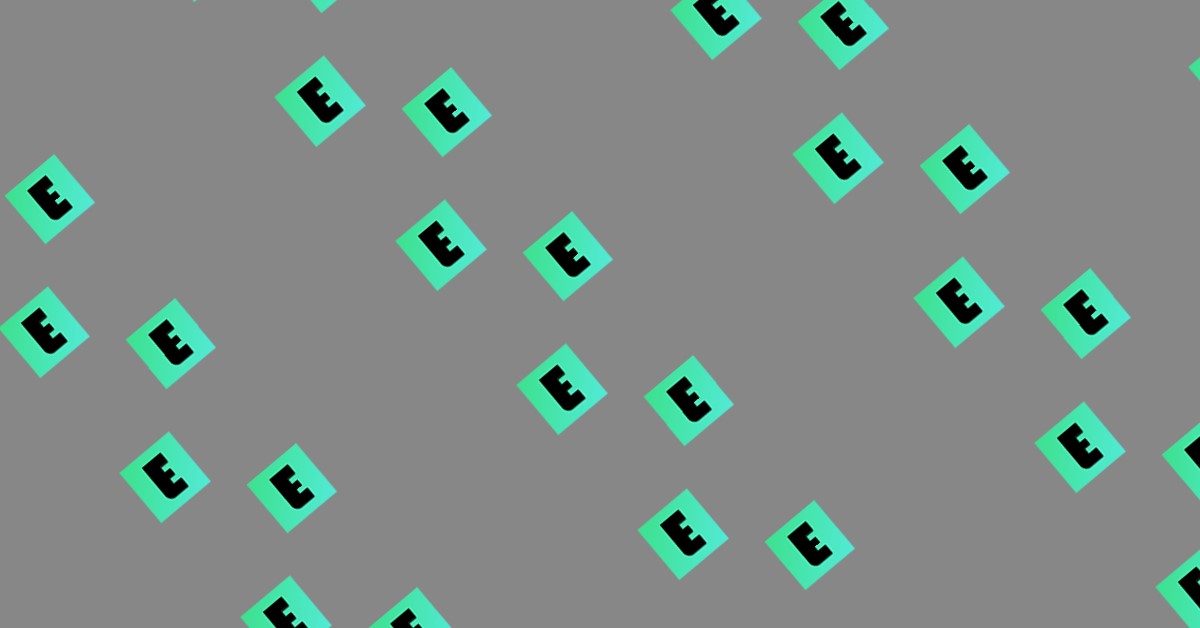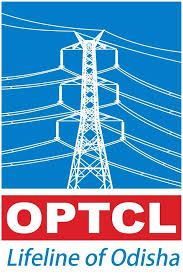Introduction
The Joint Entrance Examination (JEE) Advanced is one of the most prestigious and challenging entrance exams in India. It serves as a gateway for admission into the top Indian Institutes of Technology (IITs) and other premier engineering institutes. Conducted annually by one of the IITs on a rotational basis under the guidance of the Joint Admission Board (JAB), JEE Advanced tests students’ knowledge and skills in physics, chemistry, and mathematics. This article provides a thorough overview of JEE Advanced, its significance, eligibility criteria, exam pattern, syllabus, preparation strategies, and more.
History of JEE Advanced
The journey of JEE Advanced started in 2013 when it replaced the earlier IIT-JEE exam. The restructuring aimed to make the examination process more streamlined and equitable, aligning it with the National Testing Agency (NTA) standards. It now functions as the second stage of the two-part JEE system, with JEE Main being the preliminary qualifying exam.
Purpose and Significance
JEE Advanced is pivotal for students aspiring to pursue engineering at IITs, IISc, and certain other institutions like IIST and RGIPT. Success in this exam not only opens doors to world-class education but also lays a strong foundation for careers in engineering, research, and entrepreneurship. The exam’s rigor ensures that only the most deserving and capable students earn a place in these institutions.
Eligibility Criteria
To appear for JEE Advanced, candidates must meet several criteria:
- Performance in JEE Main:
Only the top 2,50,000 rank holders in JEE Main are eligible.
The exact number may vary slightly depending on reservation policies.
- Age Limit:
Candidates must be born on or after October 1, 1999.
A five-year relaxation is provided for SC, ST, and PwD candidates.
- Number of Attempts:
A candidate can attempt JEE Advanced a maximum of two times in consecutive years.
- Educational Qualification:
Candidates must have completed their Class 12 (or equivalent) examination in the previous year or be appearing in the current year.
Reservation of Seats
The reservation criteria for different categories are:
General – EWS: 10%
OBC – NCL: 27%
SC: 15%
ST: 7.5%
PwD: 5% horizontal reservation in each category
Exam Pattern
JEE Advanced comprises two compulsory papers:
Paper 1 and Paper 2, each lasting 3 hours.
Both papers test Physics, Chemistry, and Mathematics.
The questions include multiple-choice, numerical-based, and match-the-following types.
Marking Scheme
The marking pattern varies every year, with partial marking, negative marking, and full marks for correct answers. Therefore, understanding the detailed instructions on the question paper is critical.
Syllabus Overview
The syllabus for JEE Advanced is more comprehensive and in-depth than JEE Main. It covers:
Physics
Mechanics
Thermal Physics
Electromagnetic Induction
Optics
Modern Physics
Chemistry
Physical Chemistry (Mole concept, Chemical Thermodynamics)
Organic Chemistry (Hydrocarbons, Alcohols, and Ethers)
Inorganic Chemistry (Periodic Table, Chemical Bonding)
Mathematics
Algebra (Quadratic Equations, Complex Numbers)
Calculus (Differentiation, Integration)
Coordinate Geometry (Circle, Parabola)
Probability and Statistics
Registration Process
The registration for JEE Advanced takes place online. Here is a step-by-step guide:
- Visit the Official Website:
Access the official JEE Advanced portal for registration.
- Fill the Registration Form:
Enter personal details, academic information, and JEE Main roll number.
- Upload Documents:
Upload scanned copies of necessary documents like photographs, signatures, and certificates.
- Pay the Application Fee:
Fees vary for different categories and are paid online.
- Download the Confirmation Page:
After payment, download and print the confirmation for reference.
Preparation Strategy
Succeeding in JEE Advanced requires a disciplined and smart preparation approach:
- Understand the Syllabus and Exam Pattern:
Begin with a thorough understanding of the syllabus.
- Focus on Concepts:
Build a strong foundation in basic concepts before moving to advanced problems.
- Practice Regularly:
Solve previous years’ papers and take mock tests.
- Time Management:
Allocate time for each subject and focus on weak areas.
- Revision:
Regular revision is key to retaining concepts and improving speed.
- Seek Guidance:
Coaching classes, online resources, and mentors can provide additional insights and support.
Top Books for JEE Advanced
Here are some recommended books for each subject:
Physics
Concepts of Physics by H.C. Verma
Understanding Physics by D.C. Pandey
Chemistry
Organic Chemistry by Morrison and Boyd
Physical Chemistry by P. Bahadur
Mathematics
Mathematics for Class 11 and 12 by R.D. Sharma
Higher Algebra by Hall and Knight
JEE Advanced Cut-off and Rank List
The cut-off varies each year and depends on factors like:
Number of candidates
Difficulty level of the exam
Total number of seats available
Rank List Preparation
Candidates must appear for both papers.
The rank list is based on aggregate marks obtained in both papers.
Separate rank lists are prepared for different categories.
Counseling and Seat Allotment
The Joint Seat Allocation Authority (JoSAA) manages the counseling process for admissions into IITs, NITs, IIITs, and other GFTIs. The process includes:
- Registration
- Choice Filling and Locking
- Seat Allotment
- Document Verification
- Fee Payment
Institutes Accepting JEE Advanced Scores
While IITs are the primary institutions accepting JEE Advanced scores, other top institutions include:
Indian Institute of Science (IISc), Bangalore
Indian Institutes of Science Education and Research (IISERs)
Rajiv Gandhi Institute of Petroleum Technology (RGIPT)
Indian Institute of Space Science and Technology (IIST)
Challenges and Common Mistakes
- Neglecting Weak Areas: Students often focus on strengths and ignore weaker subjects.
- Poor Time Management: Spending too much time on one question can reduce overall scores.
- Skipping Instructions: Not reading instructions carefully can lead to unnecessary errors.
Conclusion
JEE Advanced is not just an exam; it’s a test of determination, intelligence, and perseverance. Cracking it requires meticulous planning, consistent effort, and the right resources. With the right preparation strategy and mindset, aspirants can achieve their dream of studying at the IITs and building a bright future in the field of engineering.
FAQs
Q1: Is JEE Advanced tougher than JEE Main?
Yes, JEE Advanced is significantly more challenging as it tests deeper conceptual understanding and problem-solving skills.
Q2: How many IITs participate in JEE Advanced admissions?
There are currently 23 IITs that accept JEE Advanced scores.
Q3: Can I attempt JEE Advanced without qualifying JEE Main?
No, qualifying JEE Main is a mandatory prerequisite for appearing in JEE Advanced.
Q4: What is the application fee for JEE Advanced?
The fee varies by category but typically ranges from ₹1,400 to ₹2,800.
Q5: Are there any changes expected in JEE Advanced 2025?
Details about future changes are released by the exam authorities; candidates should check the official website regularly.




